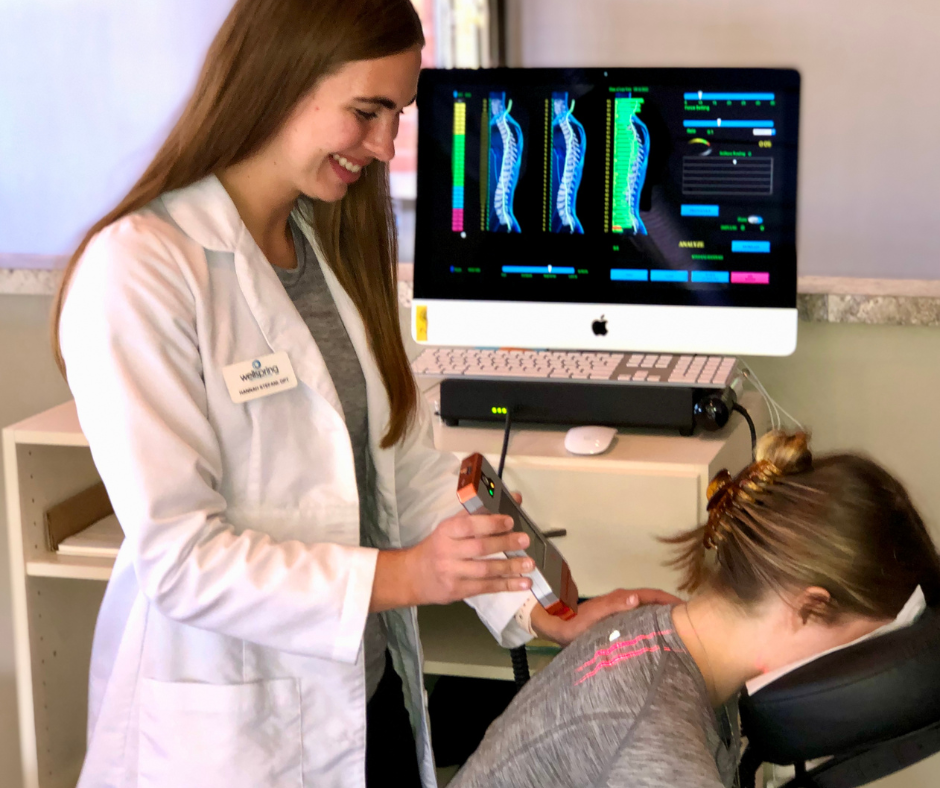For many of us sleep in Eden Prairie is the thing that soothes and restores us after a long day of work and play. It is our time to recharge our minds and bodies. Many people at some point in their lives experience difficulty with sleep and some are chronically sleep deprived. Treatment of sleep disorders is progressing with new advances and alternatives including sleep clinics. The pharmaceutical industry is booming with new drugs to try to help people get their rest. But are we actually addressing many of the causes of sleep problems?
How much sleep SHOULD we be getting?
7 hours is the target for adults, and a whopping 40% of us do not get the amount of sleep that we require for good health.
WHY are we not getting enough sleep????
People will often cut back on their sleep for the demands of daily life or to watch their favorite show on television. But if being sleep-deprived is a regular part of your routine you may be at an increased risk for obesity, diabetes, high blood pressure, coronary heart disease, stroke, poor mental health and even early death. It can also weaken the immune system and adversely affect the body’s metabolism. Even a single night of decreased sleep can affect you the next day. At a minimum you’re more likely to feel sleepy and not at your best. The result is you’re more likely to be in a bad mood, less productive at work and be involved in some type of accidental injury, including a motor vehicle crash.
There is a lot of hype within pop culture promoting “binge-watching” of TV late into the night. Doing so could be a poor decision from a health perspective when it becomes a regular habit. When it comes to TV’s effects on sleep, there are multiple adverse factors at play. Watching TV or using other electronic devices like smartphones right before bed makes people less sleepy, in part because the light emitted by screens (cell phones, TVs, etc) disrupts the body’s production of melatonin, thus disturbing your natural sleep cycle.
The American Academy of Sleep Medicine (AASM) offers tips on how to binge-watch responsibly. These include setting an episode limit before you begin (and sticking to it!), turning off all screens 30 minutes before bedtime, and setting aside time during the weekend to catch up on your favorite shows.
Are chemicals a safe and effective long-term sleep strategy?
People use medications to try to improve sleep (both prescription and OTC), with the pharmaceutical sleep industry being a multi-BILLION dollar industry, 3.38 BILLION in 2016, and is expected to reach 4.24 BILLION by 2021, according to Sleep Review.
Many doctor-prescribed drugs that are designed to improve sleep come with a very very long and adverse list of side effects including confusion, depression, difficulty sleeping (wait, what?!), swelling of the face, binge eating, suicidal thoughts, hallucinations, lack of self-control, blurry vision, aggressive behavior and nightmares. Drugs.com goes on to say that, “Some people using this medicine have engaged in activity such as driving, eating, walking, making phone calls, or having sex and later having no memory of the activity.”
Some people also use OTC sleep aides. Some people may feel that they are safe because it is “over the counter” use. Side effects can include severe drowsiness, agitation, confusion, tremors, seizures, hallucinations and possible coma.
Energy drinks and caffeine are another way drowsy Americans push through a sleepy day. According to US News and Report, in 2016 there were more than 20,000 emergency room visits attributable to the ingestion of energy drinks. The article goes onto say that the energy drink industry is not monitored or regulated by the FDA and this means there is no standard of ingredients, or amounts of caffeine, and no required proof of safety with ingestion.
What can we do to help our sleep situation without using chemicals which can be toxic to our bodies?
There are some important habits that can improve your sleep health:
- Be consistent. Go to bed at the same time each night and get up at the same time each morning, including on the weekends.
- Make sure your bedroom is quiet, dark, relaxing, and at a comfortable temperature.
- Remove electronic devices, such as TVs, computers, and smart phones, from the bedroom.
- Avoid large meals, caffeine, and alcohol before bedtime.
- Get some exercise. Being physically active during the day can help you fall asleep more easily at night.
I would also add that a cup of chamomile tea, a warm bath, aromatherapy or some deep breathing (try this method) are excellent and natural ways to help your body relax and slow down in preparation for sleep.
In our practice, sleep and fatigue issues are common in patients exhibiting both acute and chronic pain. At Wellspring Health Center, we take a holistic patient care approach. We focus on both caring for the painful area and promoting healthy habits to speed the healing process. Many people seek our holistic approach because they desire to heal their body naturally, without medications or surgery.
Are you experiencing the effects of fatigue as a result of pain or problems in your body? We offer a free pain and posture screening to discuss how we may be able to help you.




